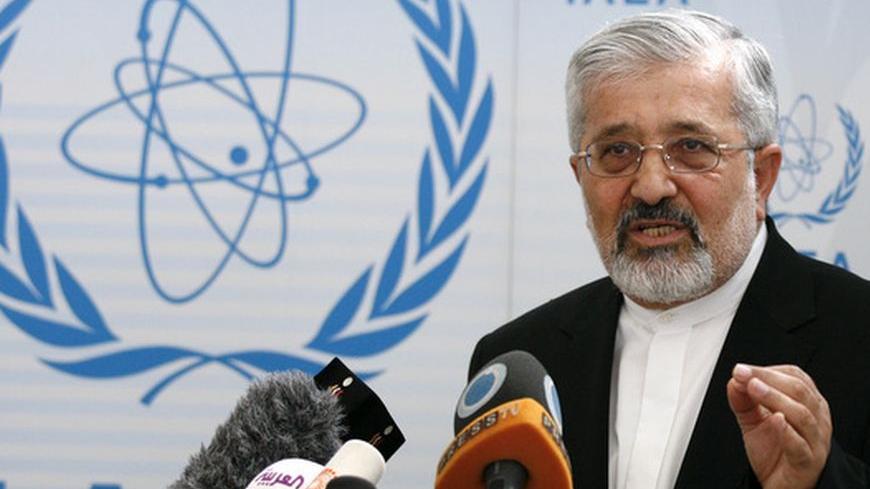As predicted, the latest report on Iran’s nuclear program by the International Atomic Energy Agency (IAEA) has contributed to a push in Israel and parts of the US for preventive military action. Since May, Iran has installed more than a thousand new centrifuges in the underground facility at Fordow, doubling the number there since the last IAEA report in May.
In a pre-emptive move of their own, White House officials gave their own spin to the latest developments several days before the IAEA released the report. While not underplaying their concern over Iran’s continued defiance, the Obama team noted that the new numbers are not a "game changer." The new centrifuges are not (yet) being used for enrichment and the stockpile of 20% enriched uranium has not grown since May because half of it has been converted to an oxide form for use in fuel plates.



